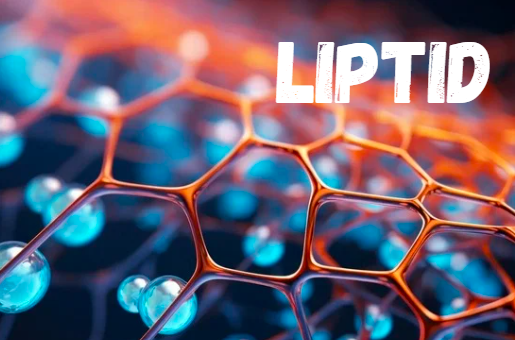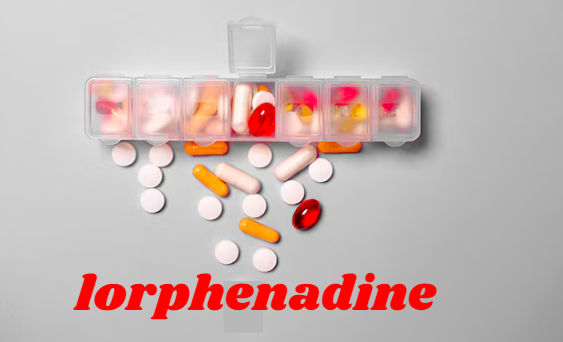Lipids are essential to our biological makeup, playing critical roles in cellular structures and functions. The term “liptid,” a variation of “lipid,” refers to these fatty compounds that are integral to maintaining overall health.
This comprehensive article delves into the intricacies of liptids, their significance, and their impact on the human body, aiming to provide unique insights that surpass existing online resources.
Contents
What Are Liptids?
Liptids, commonly known as lipids, are a diverse group of naturally occurring molecules that include fats, waxes, sterols, fat-soluble vitamins, and phospholipids, among others. These compounds are hydrophobic or amphiphilic, meaning they can form structures in aqueous environments like cell membranes. Liptids are crucial for various biological functions, including energy storage, cellular communication, and structural integrity.
Types of Liptids
- Triglycerides: These are the main form of fat stored in the body and are composed of three fatty acids attached to a glycerol backbone. They serve as long-term energy reserves.
- Phospholipids: Essential components of cell membranes, phospholipids consist of two fatty acids, a phosphate group, and a glycerol molecule. They form bilayers that are critical for cell structure and function.
- Sterols: Cholesterol is the most well-known sterol. Sterols are vital for the formation of cell membranes and hormones.
- Glycolipids: These are lipids with a carbohydrate attached. They are important for cell recognition and signal transduction.
- Fat-Soluble Vitamins: Vitamins A, D, E, and K are classified as lipids and play various roles in bodily functions, from vision to blood clotting.
The Biological Role of Liptids
Structural Function
Liptids are integral components of cell membranes, providing the necessary flexibility and permeability. The phospholipid bilayer forms a barrier that regulates the movement of substances into and out of cells, ensuring cellular integrity and communication.
Energy Storage
Liptids serve as the primary form of energy storage in the body. Triglycerides, stored in adipose tissue, can be broken down into fatty acids and glycerol to provide energy during periods of fasting or strenuous activity.
Insulation and Protection
Adipose tissue, composed of triglycerides, provides insulation to maintain body temperature and protects vital organs from physical shock.
Signaling and Communication
Liptids are involved in cellular signaling pathways. Steroid hormones, derived from cholesterol, are essential for various physiological processes, including metabolism, immune response, and reproduction.
The Importance of Liptids in Diet
Essential Fatty Acids
The human body cannot synthesize certain fatty acids, making them essential in the diet. Omega-3 and omega-6 fatty acids are crucial for brain function, inflammation control, and cellular growth.
Impact on Health
A balanced intake of liptids is vital for maintaining health. Overconsumption of saturated fats and trans fats can lead to cardiovascular diseases, while a deficiency in essential fatty acids can impair brain function and immune response.
Sources of Healthy Liptids
Incorporating healthy liptids into the diet can be achieved through:
- Fish: Rich in omega-3 fatty acids.
- Nuts and Seeds: High in unsaturated fats and essential fatty acids.
- Olive Oil: A good source of monounsaturated fats.
- Avocado: Contains healthy fats beneficial for heart health.
Liptids and Disease Prevention
Cardiovascular Health
Healthy liptids, such as unsaturated fats, play a role in reducing the risk of cardiovascular diseases by lowering bad cholesterol (LDL) levels and increasing good cholesterol (HDL) levels.
Cognitive Function
Omega-3 fatty acids, a type of liptid, are crucial for brain health. They support cognitive functions and may help prevent neurodegenerative diseases such as Alzheimer’s.
Anti-Inflammatory Properties
Certain liptids have anti-inflammatory properties that can help manage conditions like arthritis and inflammatory bowel disease.
Innovative Research and Future Directions
Nanotechnology and Liptids
Advancements in nanotechnology have opened new avenues for utilizing liptids in medical applications. Lipid nanoparticles are being explored for drug delivery systems, targeting specific cells and improving therapeutic efficacy.
Genetic Research
Research into the genetic basis of lipid metabolism is uncovering new insights into how liptids influence health and disease. Understanding these genetic factors could lead to personalized dietary recommendations and treatments.
FAQs About Liptids
What Are Liptids?
Liptids are fatty compounds essential for various bodily functions, including energy storage, cellular structure, and signaling.
How Do Liptids Impact Health?
Liptids play a critical role in maintaining cardiovascular health, cognitive function, and reducing inflammation. A balanced intake of healthy liptids is crucial for overall well-being.
What Are the Best Sources of Healthy Liptids?
Fish, nuts, seeds, olive oil, and avocados are excellent sources of healthy liptids, providing essential fatty acids and unsaturated fats.
Can Liptids Help Prevent Diseases?
Yes, healthy liptids can help prevent cardiovascular diseases, support brain health, and reduce inflammation, contributing to overall health and disease prevention.
What Are the Latest Research Trends in Liptids?
Recent research focuses on nanotechnology for drug delivery using lipid nanoparticles and genetic studies to understand lipid metabolism better, leading to personalized health recommendations.
Conclusion
Liptids are indispensable to human health, influencing various physiological processes and disease outcomes. Understanding their roles, sources, and impacts can lead to better health choices and innovative medical applications.
This comprehensive guide aims to provide a deep understanding of liptids, their significance, and future research directions, offering unique insights beyond existing online information.




